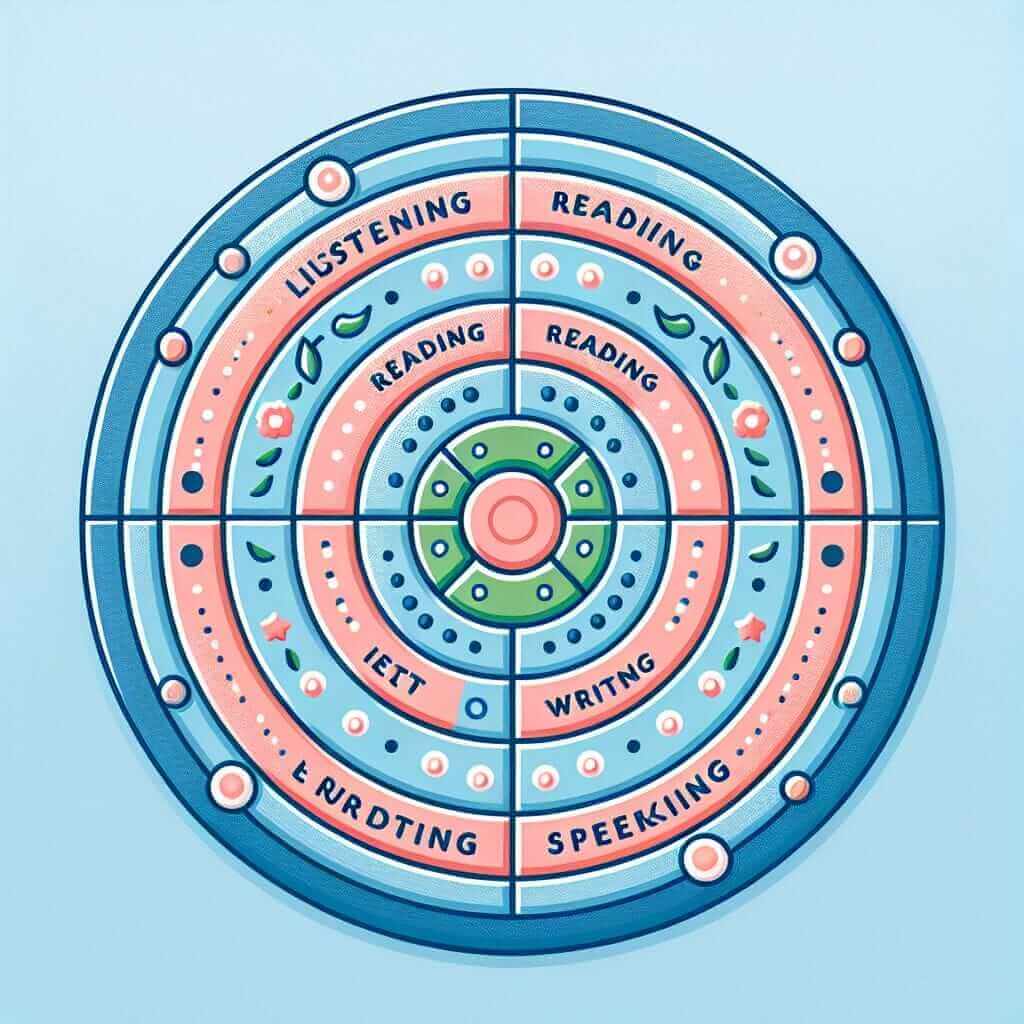As an IELTS instructor with over 20 years of experience, I’ve encountered thousands of students asking the same question: “What is IELTS?”. It’s a fundamental question that deserves a thorough answer.
This comprehensive guide will delve into the intricacies of the IELTS exam, providing you with all the essential information you need.
Understanding the IELTS Exam
IELTS stands for International English Language Testing System. It’s a globally recognized test that assesses the English language proficiency of non-native English speakers.
Why is IELTS Important?
IELTS is your gateway to academic and professional opportunities worldwide. Here’s why:
- University Admissions: Many universities in English-speaking countries require IELTS scores for admission into their undergraduate and postgraduate programs.
- Immigration Purposes: Countries like Canada, Australia, and New Zealand consider IELTS scores as a crucial factor in their immigration processes.
- Professional Registration: Certain professions, such as nursing and engineering, often require applicants to demonstrate their English proficiency through IELTS.
Types of IELTS Tests
There are two main types of IELTS:
- IELTS Academic: Designed for individuals applying for higher education or professional registration.
- IELTS General Training: Suitable for those planning to migrate to an English-speaking country or seeking work experience.
Structure of the IELTS Exam
Regardless of the type of IELTS test you choose, the exam is divided into four sections:
- Listening: This section tests your ability to understand spoken English in various contexts.
- Reading: Here, your comprehension skills are evaluated through different types of reading passages.
- Writing: This section assesses your ability to express yourself in written English through essay writing and other tasks.
- Speaking: This face-to-face interview evaluates your fluency, pronunciation, grammar, and vocabulary.

Scoring System and Results
The IELTS exam uses a band score system ranging from 0 to 9, with 9 being the highest level of proficiency.
You receive individual band scores for each section and an overall band score.
Tips for IELTS Success
- Start Early: Don’t wait until the last minute to prepare. Give yourself ample time to study and practice.
- Understand the Test Format: Familiarize yourself with the structure and content of each section.
- Practice Regularly: Consistent practice is key to improving your English skills and test-taking strategies.
- Seek Professional Guidance: Consider enrolling in an IELTS preparation course or working with a tutor.
Conclusion
Understanding the IELTS exam is the first step towards achieving your academic or professional goals. By understanding the test format, practicing regularly, and seeking guidance, you can confidently approach the IELTS and achieve your desired scores. Remember, preparation is key to unlocking your potential.